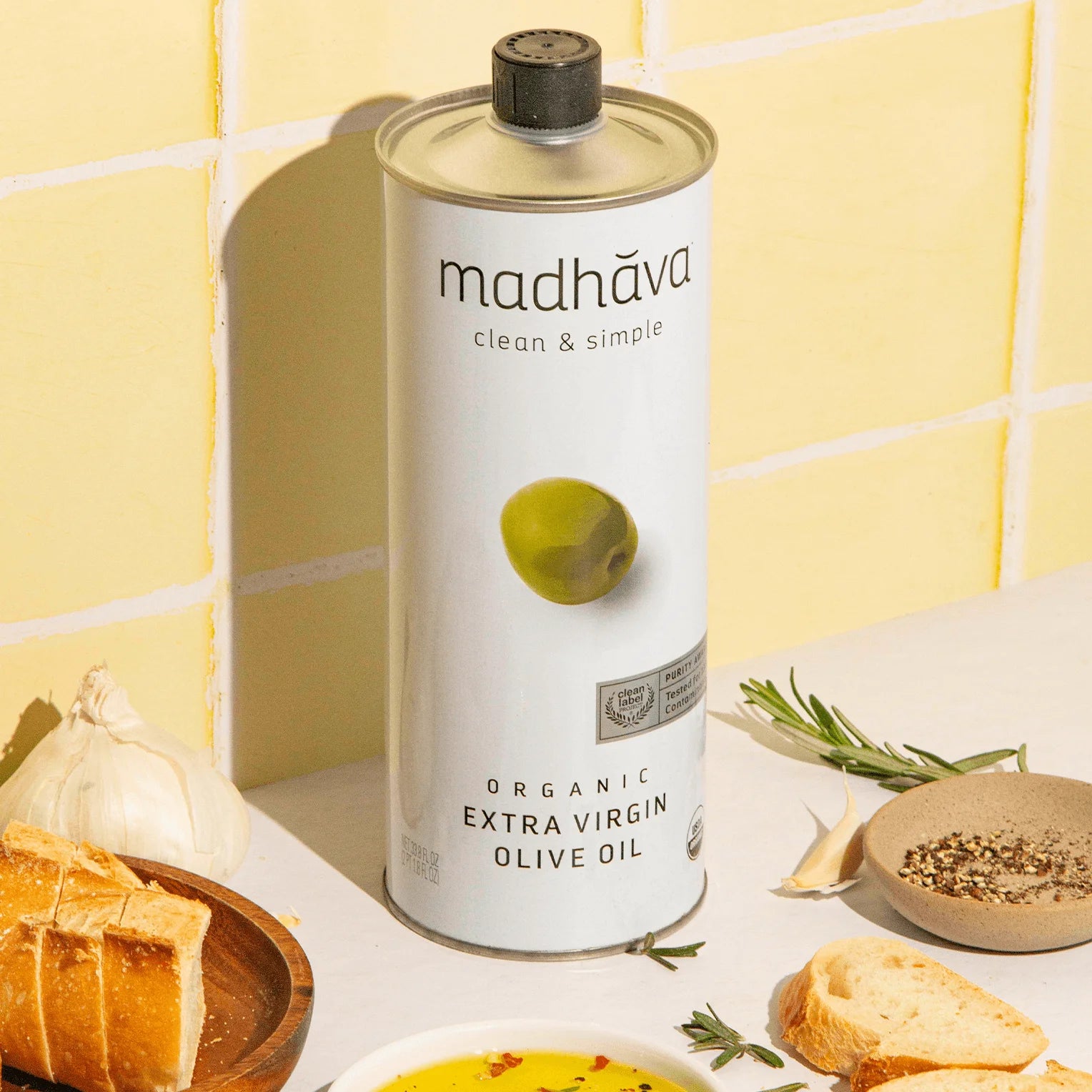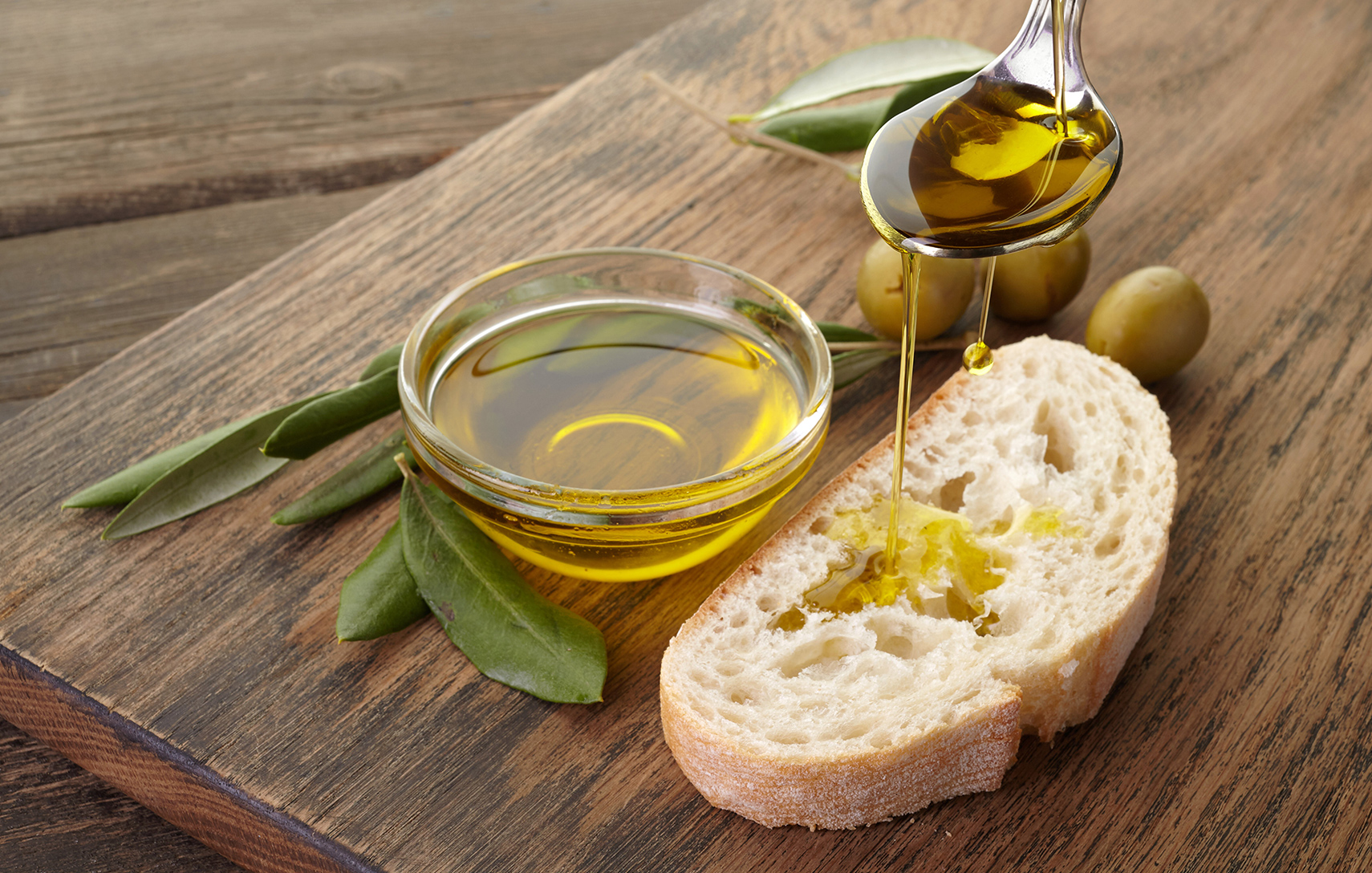Why Extra Virgin Olive Oil Benefits Your Gut and Digestive System
Why Extra Virgin Olive Oil Benefits Your Gut and Digestive System
Blog Article
Checking Out the Different Sorts Of Olive Oil and Their Usages, Including Bonus Virgin Olive Oil
The exploration of olive oil includes a varied range of kinds, each offering distinctive flavors and cooking applications. Extra virgin olive oil, renowned for its remarkable top quality and wellness benefits, serves as a staple in several kitchens, yet it is just one element of this multifaceted component.
What Is Olive Oil?
Stemmed from the fruit of the olive tree, olive oil is a staple in Mediterranean cuisine and a key ingredient in different cooking applications. This versatile oil is produced by pressing entire olives, causing a liquid that varies in color, taste, and fragrance depending on the type of olives utilized, the area of growing, and the removal procedure. Olive oil is primarily made up of monounsaturated fats, particularly oleic acid, which is known for its prospective health and wellness advantages, consisting of anti-inflammatory residential or commercial properties and cardiovascular support.
Along with its cooking usages, olive oil has a lengthy background of application in conventional medication and skin care, owing to its abundant antioxidant material (extra virgin olive oil benefits). The oil is often utilized in dressings, marinates, and for cooking methods such as sautéing and roasting. Its distinct taste profile can boost the preference of numerous recipes, making it an essential component for both home chefs and specialist chefs
Furthermore, olive oil is celebrated for its role in the Mediterranean diet, which is connected with numerous health advantages. As recognition of these benefits grows, olive oil continues to gain appeal worldwide as a basic element of a healthy lifestyle.
Kinds Of Olive Oil
Understanding the numerous types of olive oil is important for both health-conscious customers and culinary fanatics. Olive oil is categorized primarily based upon its extraction approach and high quality, which significantly impacts its health, fragrance, and flavor benefits.

Light olive oil, in spite of its name, refers to a lighter flavor and not reduced calories. It is ideal for those looking for a much more subtle taste in dressings and marinades. In addition, there are flavored olive oils infused with natural herbs, flavors, or citrus, which can improve recipes without the need for additional flavoring.
Each kind of olive oil serves details cooking functions, and understanding these distinctions allows customers to make educated choices that straighten with their food preparation designs and health and wellness goals.
Bonus Virgin Olive Oil
Additional virgin olive oil (EVOO) is widely regarded as the finest quality olive oil available, renowned for its rich taste and various wellness benefits. To be classified as additional virgin, the oil must be generated from fresh olives using mechanical procedures, without the use of solvents or too much warm. This thorough technique maintains the oil's natural tastes, antioxidants, and healthy and he said balanced fats, resulting in an item with a low acidity degree of less than 0.8%.
EVOO is plentiful in monounsaturated fats, specifically oleic acid, which is linked to lowered inflammation and enhanced heart wellness. It likewise has polyphenols, effective anti-oxidants that might provide safety effects against persistent conditions. The flavor profile of EVOO can differ significantly depending upon the olive selection and region of production, varying from fruity and grassy to robust and sharp.

Culinary Uses of Olive Oil

In food preparation, olive oil can be utilized for sautéing, toasting, and barbecuing, supplying a much healthier option to butter or other fats. Its high smoke point makes it appropriate for different cooking techniques, while its anti-oxidants contribute to a heart-healthy diet plan. Drizzling olive oil over finished dishes, such as pasta, fish, or grilled veggies, can boost tastes and add a touch of beauty.
Furthermore, olive oil plays a significant role in cooking, where it can change standard fats in recipes for bread and pastries, presenting dampness and a refined taste. It also functions as a base for instilled oils, allowing chefs to trying out tastes such as garlic, herbs, or chili, further increasing its cooking potential. Overall, olive oil's convenience makes it crucial in both home and expert kitchens.
Choosing Top Quality Olive Oil
When choosing quality olive oil, it's important to think about several vital aspects that influence the item's taste, health and wellness, and aroma advantages. Decide for extra virgin olive oil (EVOO), which is obtained from the first chilly pushing of olives and contains the greatest degrees of antioxidants and helpful substances. Search for oils that are licensed by recognized organizations, as this usually ensures adherence to rigid top quality standards.
The packaging additionally plays a significant role go to these guys in protecting the oil's stability. Pick oils stored in dark glass bottles or tins to secure versus light destruction. Take notice of the harvest date; fresher oils supply remarkable taste and nutritional value, so choose items that are within 18 months of their harvest.
On top of that, consider the origin of the oil. Top notch olive oils often come from particular regions understood for their unique taste accounts, such as Italian, Spanish, or Greek oils. Be mindful of the preference; an excellent top quality olive oil need to have an equilibrium of fruity, bitter, and sharp notes, showing its splendor and complexity. By examining these elements, you can ensure you are choosing the finest olive oil for your culinary needs.
Conclusion
In summary, the expedition of different types of olive oil reveals distinctive features and applications, with additional virgin olive oil representing the peak of top quality because of its low level of acidity and high antioxidant material. Its flexibility in culinary usages improves tastes in dressings, marinates, and drizzles. Understanding the various varieties of olive oil permits for notified choices in food preparation techniques, promoting much healthier practices while improving the general gastronomic experience. Quality selection continues to be important for optimal advantages.
Obtained from the fruit of the olive tree, olive oil is a staple in Mediterranean cuisine and a vital ingredient in different cooking applications.The most common kinds of olive oil consist of refined olive oil, pure olive oil, and light olive oil.Bonus virgin olive oil (EVOO) is widely related to as the highest possible quality olive oil offered, popular for its rich flavor and countless health benefits. Choose for added virgin olive oil (EVOO), which is derived from the very first chilly pushing of olives and contains the greatest degrees of anti-oxidants and beneficial compounds.In recap, the expedition of numerous types of olive oil reveals unique attributes and applications, with added virgin olive oil standing for the see it here peak of quality due to its low acidity and high antioxidant material.
Report this page